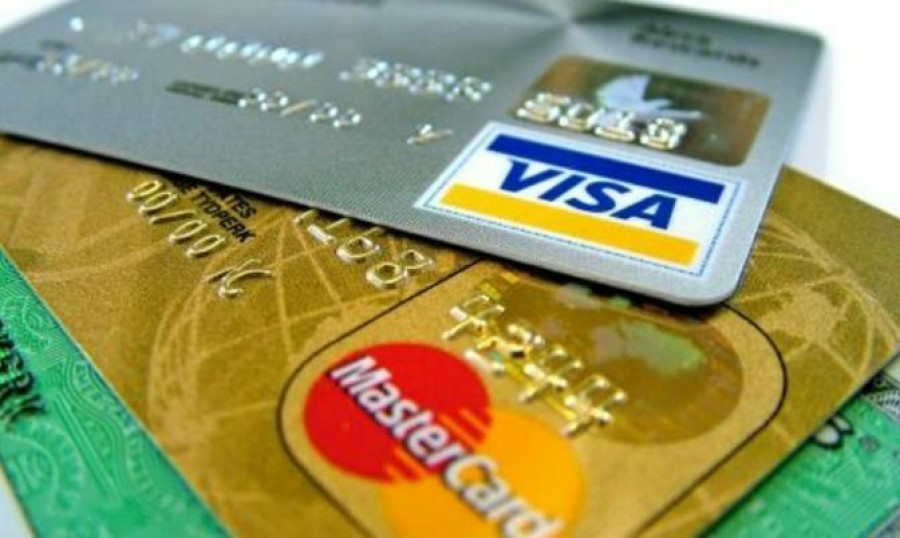Paying yourself first
If you want to stop needing a pay cheque someday, then paying yourself first becomes critically important. This is not only about setting aside money in a savings account, but also about investing. As Bruce Sellery indicated in his book “Moolala” you should “save for the short term, and invest for the long term”.
To implement this segment of your money management plan here are our recommended steps:
• Pay yourself automatically, through salary deduction or direct debits from your bank account. This way, you remove the randomness and volatility in your savings effort.
• The amount you pay yourself will vary, depending on your desired lifestyle. You could either use an arbitrary method like a fixed percentage of your gross or net income, or a more deliberate method such as inquiring about the contribution levels of a friend/acquaintance who has a company pension plan, and base your level of savings on that.
• Find a financial advisor who will assist you in savings and investing your “pay”. Ask for recommendations from family, friends and acquaintances.
Your financial advisor will discuss the various investment options with you, however, we will briefly introduce some of the products to give you a head start in your conversation.
• Savings accounts – bank accounts which may or may not pay interest. If they do, the rates are typically very low.
• Term deposits – amounts are deposited for a fixed period of time, usually one month to a year, after which they earn interest. The rate is more attractive than a savings account, but funds are not accessible (without penalty) during the fixed period of time
• Fixed Income deposits – amounts are deposited with a financial institution for a fixed term longer than a year. The financial institution pays interest to you during the term, which you can either re-invest or take as cash. Examples – bonds, GIC
• Equity – shares/stocks in individual companies are purchased. The returns depend on the company’s earnings and dividend policy. It is important to note that you could lose the principal invested
• Mutual Funds – Units of a mutual fund are purchased, rather than the actual shares/stocks/bonds of a company. This is a more diversified investment, with a lower risk than direct stock purchase. However, high fees and commissions are paid to dealers
Your financial advisor will also discuss the most tax efficient place to house your savings/investments. In the investment world, this “housing” is referred to as Tax Shelters. Your eyes may glaze over at the word Tax Shelter, however, you are already familiar with a few, such as:
o RRSP - registered retirement savings plan
o RRIF – registered retirement income fund – this is a replacement for your RRSP in the year you turn 71
o RESP – registered education savings plan
o TFSA – tax free savings account
o RDSP – registered disability savings plan – you must qualify for the disability tax credit to use this tax shelter.
Credit Cards, Lines of Credit and debit cards
The suitability of these tools in your money management plan should be carefully considered, as inappropriate use could derail your plans.
Credit cards allow you to borrow and spend up to an agreed limit. Interest is charged until the balance is cleared, however, if you pay your full balance on the due date, you will not be charged any interest. Paying the minimum repayment requested by the provider will not contribute much to reducing your balance. It will cover the interest charged to that point, but it will not make a significant dent in your overall debt. Clearing even a small debt could take years if you only paid the minimum amount.
Some benefits to using a credit card are:
• You have no liability for fraudulent purchases, damaged goods, and undelivered products
• It is very useful when renting a car, as most major credit cards offer an auto rental collision damage waiver
• Earning points that may be redeemed for rewards
A line of credit is a predetermined loan amount. You can use as much of the credit line that you want, and pay back any amount, as long as it covers the minimum payment requested by the lender. Unlike a regular loan, you do not pay interest until you use the credit line. The interest rate on a line of credit is much lower than a credit card.
It is very appealing to use both the credit card and the line of credit like additional income, however, this is very dangerous and may lead to a debt spiral.
A debit card is linked to your bank account. When a purchase is made the money is deducted from your bank account immediately. This is just like using cash, however, there may be transaction fees. Examine your bank’s fee package closely, and determine which one meets your spending frequency. Further, to keep transaction costs down, use ATMs from your own bank.
The following are our recommendations for the use of these cards:
• Where possible and practical, pay for your purchases with cash. Studies* have shown that people who use cash are less likely to spend it frivolously or impulsively.
• Be wary of incurring bad debt vs good debt. Good debt is incurred to obtain assets that increase in value (e.g mortgage, student loan ). Bad debt is incurred to obtain assets that decrease in value (e.g clothes, big screen tv, expensive cell phone). Most times, credit cards and lines of credit are spent on bad debt.
• Credit cards are essential to daily life as some purchases cannot be made without the use of a credit card, so we recommend having one major credit card (Amex, VISA, Mastercard).
• Beware of store cards – those that offer you an immediate discount on your purchase if you sign up. They usually have astronomical interest rates
• A reward credit card may be a good option if you are responsible and pay off your balance each month, and if the reward is meaningful to you and your family
• Compare annual fees, interest rates and rewards before selecting a credit card
• Be mindful of fees attached to the use of your debit card. Shop around for the best deal that matches your spending pattern.
I hope that these three articles have piqued your interest in devising a money management plan, so that you will have the means to live the life you want, and deserve.
*Source : September 2008 issue of the Journal of Experimental Psychology, published by the American Psychological Association










